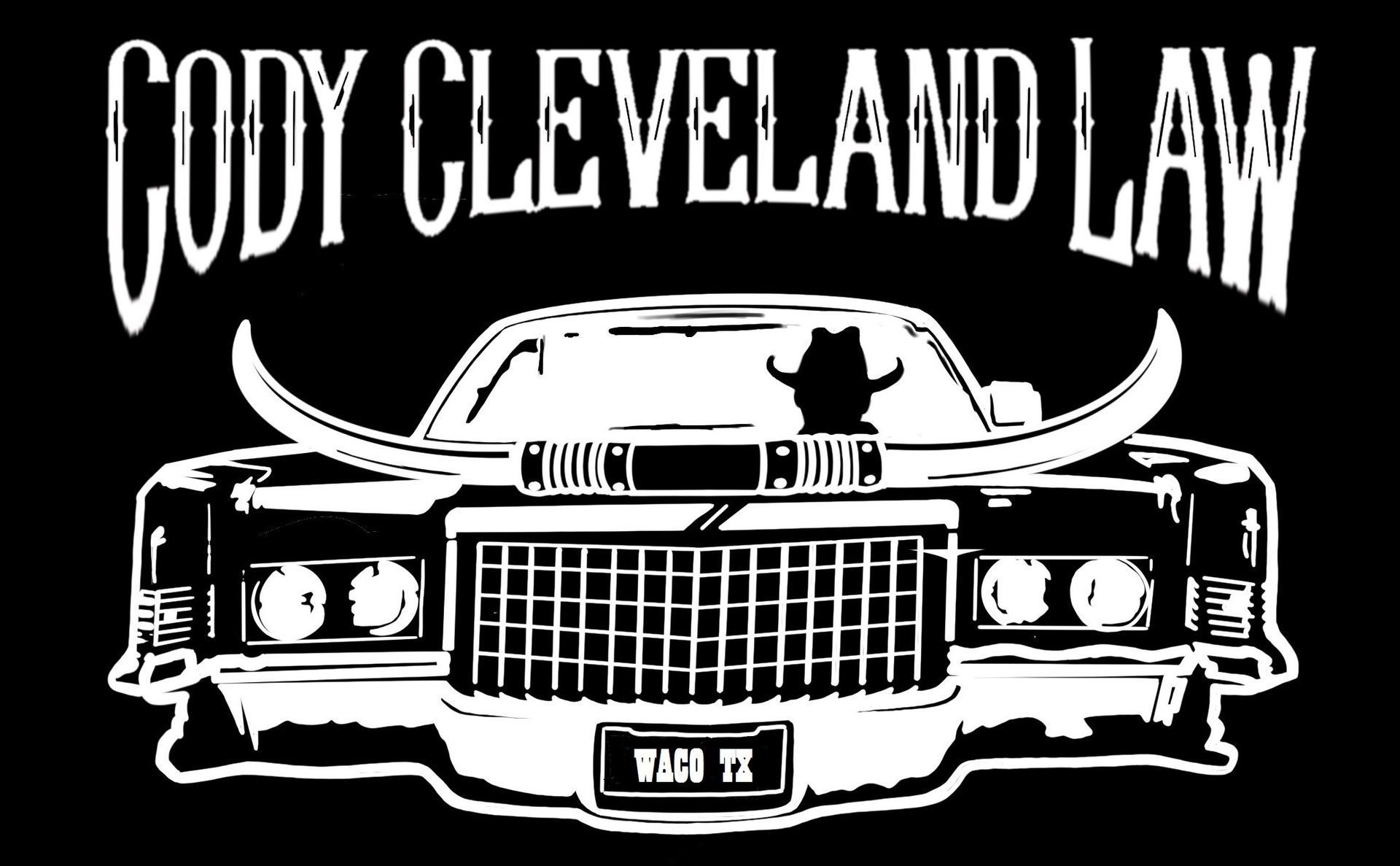FAQs
Law Office of Cody Cleveland
Have a law-related question? We have the answer. Check out these FAQs and give us a call today for more information!
Do you offer free consultations?
Yes, we provide free consultations. Contact our experienced criminal attorney in Waco, TX today if you're in need of legal advice.Do you handle traffic citations?
No, not unless it is accompanied by an arrest for a higher-level offense. According to Forbes, 32% of deadly motor vehicle crashes involved impaired driving, defined as having a blood alcohol concentration of 0.08 g/dL or higher. Does your case fit these specifications? Reach out to some of the best criminal attorneys in Waco, TX at Law Office of Cody Cleveland for legal guidance today.Do you offer payment plans?
Yes, as the criminal attorneys Waco, TX relies on, we offer payment plans for our clients. Call today to inquire about our payment plans.Do you handle federal crimes?
No, at this time our office is only handling criminal charges brought by the State of Texas.
General Criminal Law
What’s the difference between a felony and a misdemeanor?
Felony: These are serious crimes, such as murder, aggravated assault, and drug possession, that can result in a prison sentence of more than one year and fines of up to $10,000. Misdemeanor: These are less serious offenses, including driving while intoxicated (DWI), assault, and simple drug possession. Misdemeanors typically carry jail time of less than one year and fines of up to $4,000.Do I need a lawyer if I’m charged with a crime?
A criminal defense attorney helps protect your rights by ensuring the prosecution has sufficient evidence to prove their case. They negotiate plea deals, represent you in court, and provide guidance.What is bail, and how does it work?
Bail is a financial guarantee that you will return to court, allowing you to remain out of jail while awaiting trial.
DUI/DWI
What’s the difference between DUI and DWI?
Terminology regarding driving offenses varies by state. "DUI" stands for "Driving Under the Influence," which refers to operating a vehicle while impaired by alcohol or drugs. On the other hand, "DWI" means "Driving While Intoxicated." In Texas, only individuals under the age of 21 can be charged with DUI, as minors are not allowed to have any detectable amount of alcohol in their system while driving. For adults in Texas, the only applicable charge is DWI.What does "intoxicated" mean?
Texas law defines intoxication in three ways: (1) having a blood alcohol concentration over 0.08, (2) lacking the normal use of mental faculties, or (3) lacking the normal use of physical faculties. Only one of these conditions needs to be met for a person to be considered legally intoxicated.Can I refuse a field sobriety test?
Yes, field sobriety tests are voluntary. However, in Texas, refusal of the Standardized Field Sobriety Tests automatically gives law enforcement probable cause to arrest you.Can I refuse the breathalyzer or blood tests?
Yes, both tests are considered voluntary. However, the arresting officer may apply for a search warrant and have your blood drawn without your consent. Also, refusing either the breath or blood tests may result in a longer license suspension under implied consent laws.What are the penalties for a DWI conviction?
Penalties may include fines, probation, jail time, license suspension, mandatory alcohol education, and increased insurance rates. Repeat offenses carry harsher consequences.Is DWI a felony?
It depends. First and second time offenses are usually misdemeanors. If you already have two prior convictions, then an arrest for a third DWI can be charged as a felony. Also, if you have a child passenger in the car, a DWI can be automatically charged as a felony.
Drug Offense
What counts as a drug offense?
Drug offenses include possession, distribution, manufacturing, and trafficking of controlled substances.Can drug charges be dropped or reduced?
Yes, depending on the circumstances. A lawyer may challenge the legality of the search, negotiate a plea, or seek diversion programs.What are diversion programs?
These are alternatives to jail or probation, such as drug treatment or education programs, sometimes available to first-time or non-violent offenders.
Misdemeanor and Felony Offense
Will a misdemeanor stay on my record?
Yes, unless it’s expunged. Expunctions are only eligible to those who had their charges dismissed or were found "not guilty" at trial.What happens if I’m convicted of a felony?
Felony convictions can lead to prison time, loss of gun rights, loss of voting rights, difficulty finding employment, and long-term legal consequences.Can I get a felony reduced to a misdemeanor?
In some cases, yes—especially if the offense qualifies for a plea deal or post-conviction relief.What is the “Three Strikes” law?
This law imposes harsher penalties on habitual offenders who have been convicted of three or more serious crimes. A habitual enhancement will raise the punishment range of a felony charge to a minimum of 25 years in prison.


